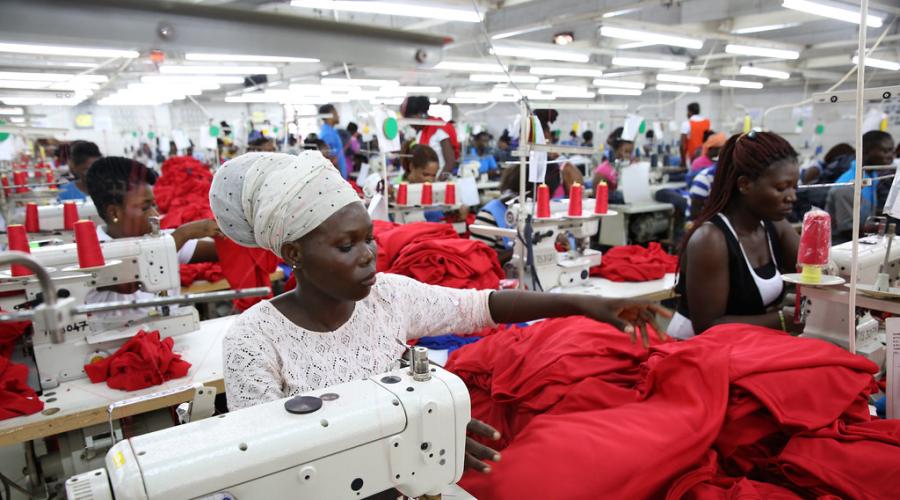
Social Sustainability in Global Supply Chains: An Empirical Investigation of Freedom of Association and Collective Bargaining
Sarosh Kuruvilla and Chunyun Li
In this article, we seek empirical answers to two research questions: a) What are the typical violations of FOA and CB rights in global supply chains that must be corrected for workers to exercise their voice? And b) Does freedom of association and collective bargaining, improve the social sustainability performance of the suppliers in global supply chains? We answer these questions by analyzing a variety of data from multiple organizations in the global supply chain eco-system, namely the Fairwear Foundation and the Better Work program, a multi-stakeholder initiative led by the International Labor Organization and International Finance Corporation of the World Bank. Our analysis shows that when workers in the supply chain can exercise their core labor rights of freedom of association and collective bargaining, the social performance of suppliers improves substantially. Our findings incontrovertibly suggest that freedom of association and collective bargaining are “surefire” methods to improve social sustainability in global supply chains.
